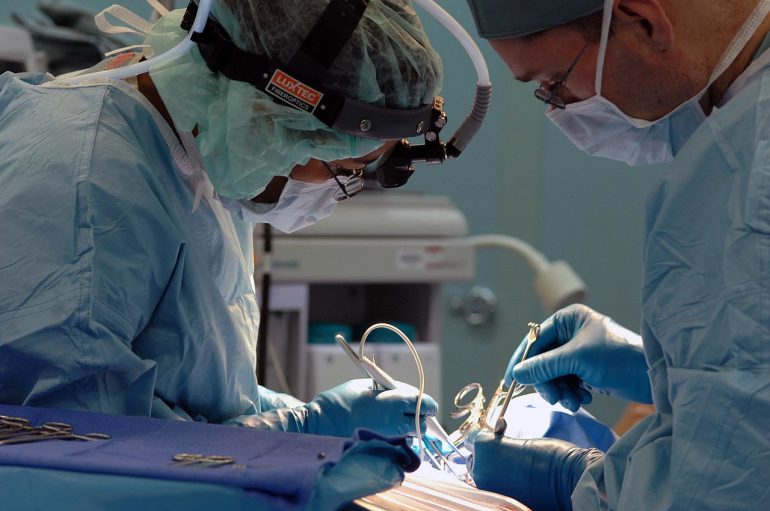If you’ve suffered post stay in hospital or something has happened that shouldn’t have during an operation or treatment, you may have suffered medical negligence. If a medical professional fails in their duty of care to you, you may be in a position to make a claim for compensation. It’s important to remember you shouldn’t sit in silence, and there are a number of specialist medical negligence solicitors out there who are on hand to help you and your family.
What constitutes as medical negligence?
With thousands of procedures taking place each year, there are naturally thousands of medical negligence cases that occur. Here are some of the incidents that may happen as a result:
- A misdiagnosis or a diagnosis being delayed
- Treatment not being adequate or suitable
- An operation or procedure being carried out incorrectly
- A medical device not functioning as it should
- A patient’s symptoms being ignored
There are other mistakes that could constitute as medical negligence, so it’s important to remember that even if what you have suffered isn’t listed above, you may still have grounds to make a claim for compensation.
Is there a timeframe to claim in?
Depending on the incident, the time limit will change. Typically, the deadline for making a claim is three years from the date of the incident. However, if for example, you’re making a claim on someone else’s behalf or you’ve suffered a serious brain injury as a result of negligence, you may have longer to act.
Once you’ve instructed the help of a specialist solicitor, they will be able to tell you the timeframe you have to make a claim.
If the claimant is under 18, a parent or guardian can make a medical negligence claim on their behalf up until their 18th birthday. Once they have reached 18, they then have until they are 21 to make a claim.
How do you know if you have a claim?
There are a number of things you need to consider before heading down the claims route. Many solicitors will ask you if you can prove a couple of things:
- The doctor or medical facility caused the harm as a result of failing to do something, or making a mistake no competent person in the same profession would have made.
- The harm suffered was a direct result of the negligent action(s).
To support your claim, you will also need evidence to hand. Things such as medical records (which your solicitor can obtain for you), photographs, a detailed statement from the claimant, as well as evidence from close family and friends.
Suffering from medical negligence, no matter the severity, can be a challenging time for both the person affected and the family and friends around them. It’s important to get the right help early on, so you have the best chance of making your claim for compensation successful.





